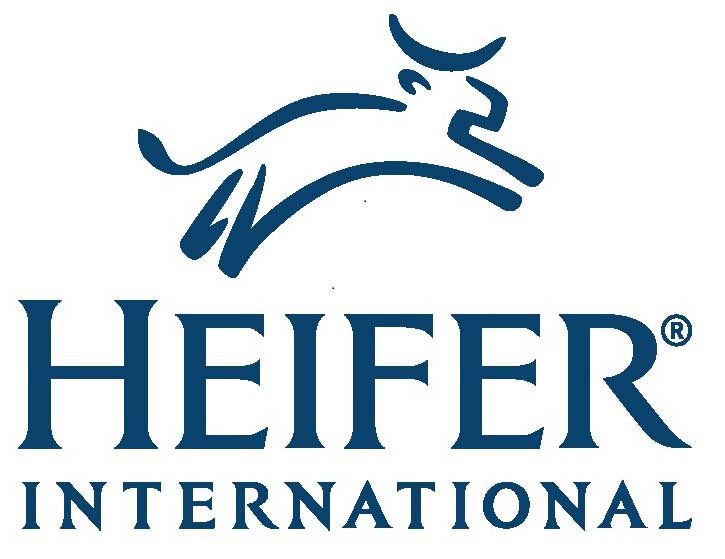The job listing no longer exists.
Fulfilling our mission takes the hard work of dedicated, talented people who are diligently focused on finding sustainable solutions. We are always open to engaging with people who share our values and are ready to get to work!
Search the job list below to find opportunities for you to use your skills for the greater good.
Featured Jobs
Open Positions
Open Positions
Accounting and Finance
| Job Title | Position Open Date | Location |
|---|---|---|
| Accounting Manager | January 09, 2026 | Nairobi, Kenya |
| Asistente Administrativo de Proyectos | January 06, 2026 | San Benito, Guatemala |
| Director of Finance and Administration | July 31, 2025 | Dhaka, Bangladesh |
Business Development / Fundraising
| Job Title | Position Open Date | Location |
|---|---|---|
| Consultant - Business Development | September 24, 2025 | India |
Human Resources
| Job Title | Position Open Date | Location |
|---|---|---|
| Country People Manager | November 15, 2025 | Dhaka, Bangladesh |
Monitoring and Evaluation
| Job Title | Position Open Date | Location |
|---|---|---|
| Manager - MELS | December 02, 2025 | India |
| Program Officer - Monitoring, Evaluation, Learning & Systems (MELS) | November 20, 2025 | Dhaka, Bangladesh |
| Program Officer – Monitoring, Evaluation, Learning & Systems | January 06, 2026 |
Program / Project Management
| Job Title | Position Open Date | Location |
|---|---|---|
| Enterprise Development Coordinator | November 26, 2025 | Kenya |
| Project Manager – TYFFAD | November 26, 2025 | Kenya |
| Project Team Leader | June 18, 2025 | Sierra Leone |
| Técnico de Capital Social y Cadenas de Valor | November 03, 2025 | Guatemala |
Program / Project Support
| Job Title | Position Open Date | Location |
|---|---|---|
| Asesor Empresarial | November 07, 2025 | Honduras |
| Asesor Empresarial | November 06, 2025 | Honduras |
| Asesor Empresarial | November 07, 2025 | Honduras |
| Asesor Empresarial | November 06, 2025 | Honduras |
| Asesor en Capital Social y Capacitación | December 09, 2025 | Honduras |
| Asesor en Capital Social y Capacitación | December 09, 2025 | |
| Consultant - Veterinary Doctor | December 22, 2025 | India |
| Oficial de Capital Social y Créditos | October 28, 2025 | Guatemala |
| OFICIAL EN CRÉDITOS Y MERCADOS - ALTA VERAPAZ | August 05, 2025 | Guatemala |
| Project Officer - Agriculture | October 17, 2025 | India |
| Project Officer - Landscape | October 17, 2025 | India |
| Técnico de Campo en ganadería | November 07, 2025 | Honduras |
General Interest
Submit a General ApplicationExcited to follow your passion and work at Heifer but can’t find a current opening that aligns with your skillsets and interest? No worries! You’ve made your way to our General Interest Section where we welcome you to submit your resume and a cover letter telling us about yourself! A member from Heifer’s Recruitment team will reach out to you if an aligned role comes up in the future.
